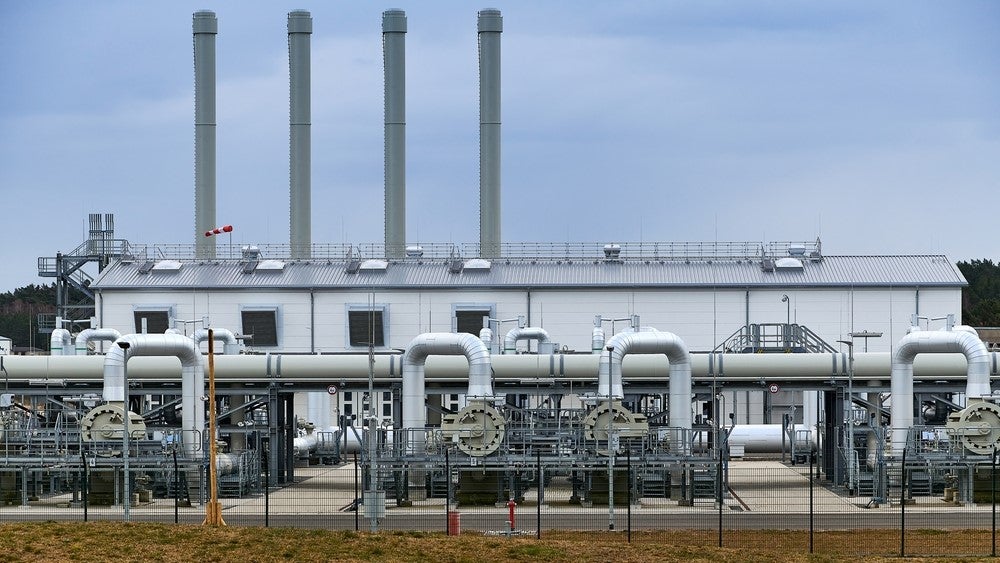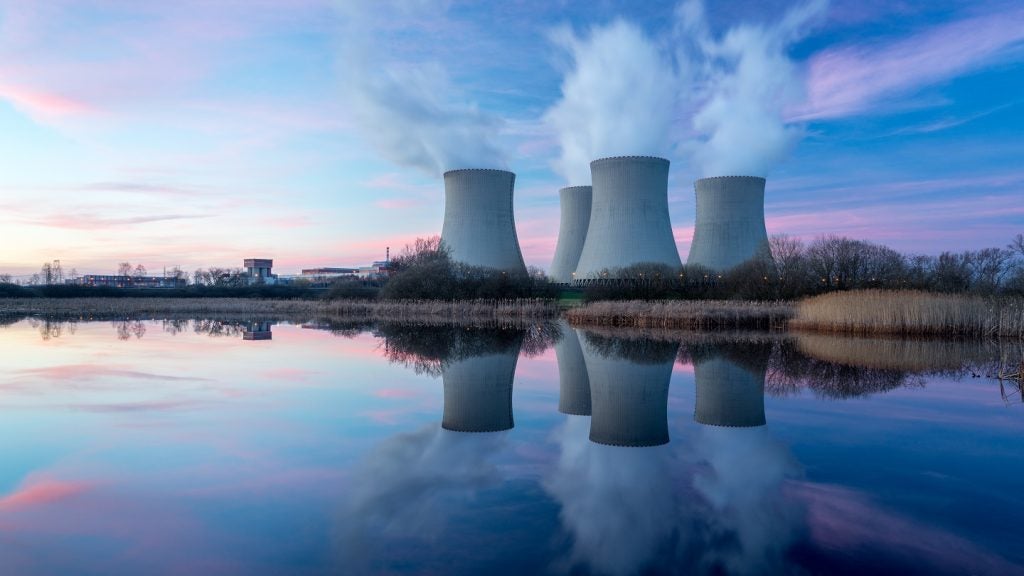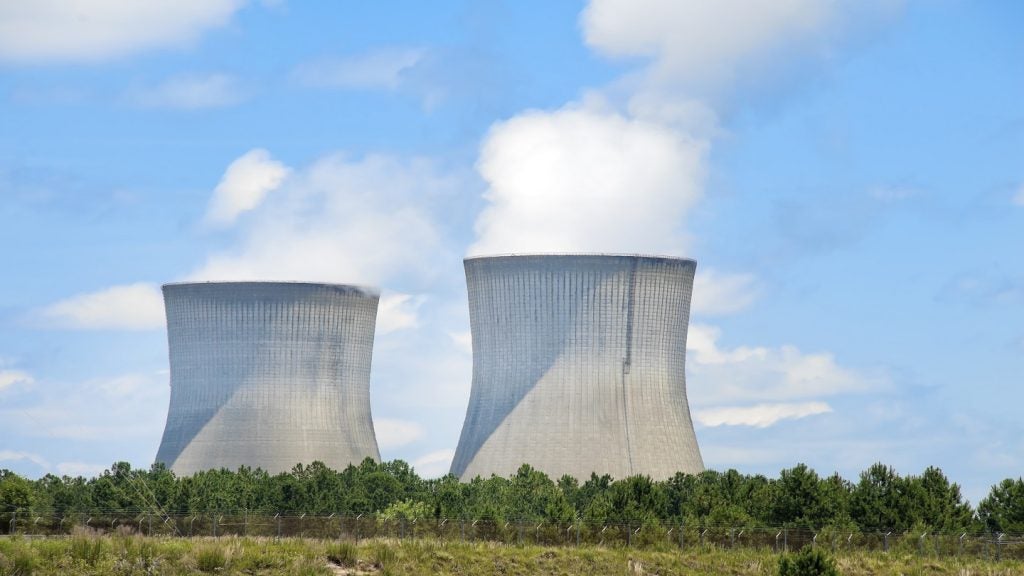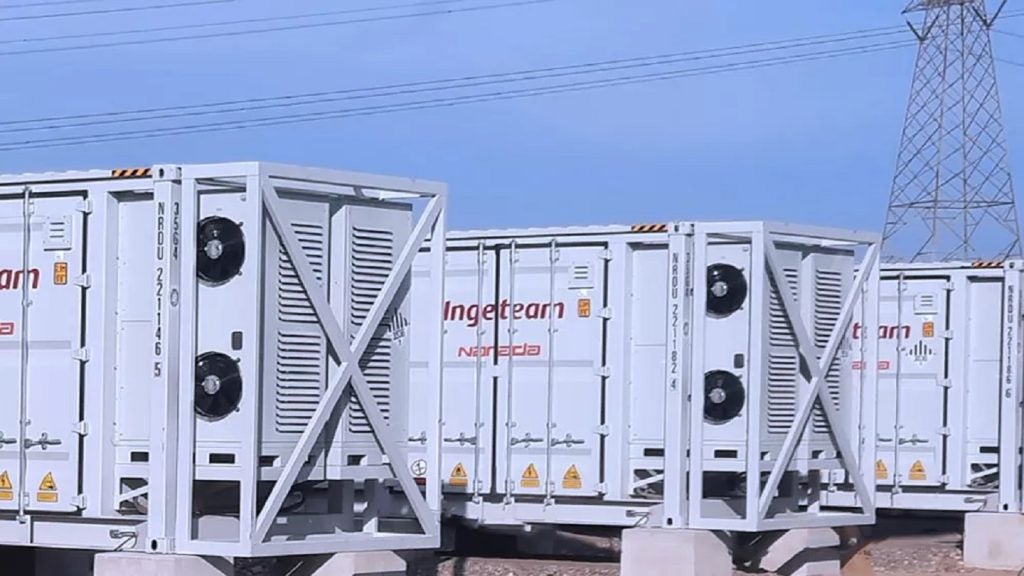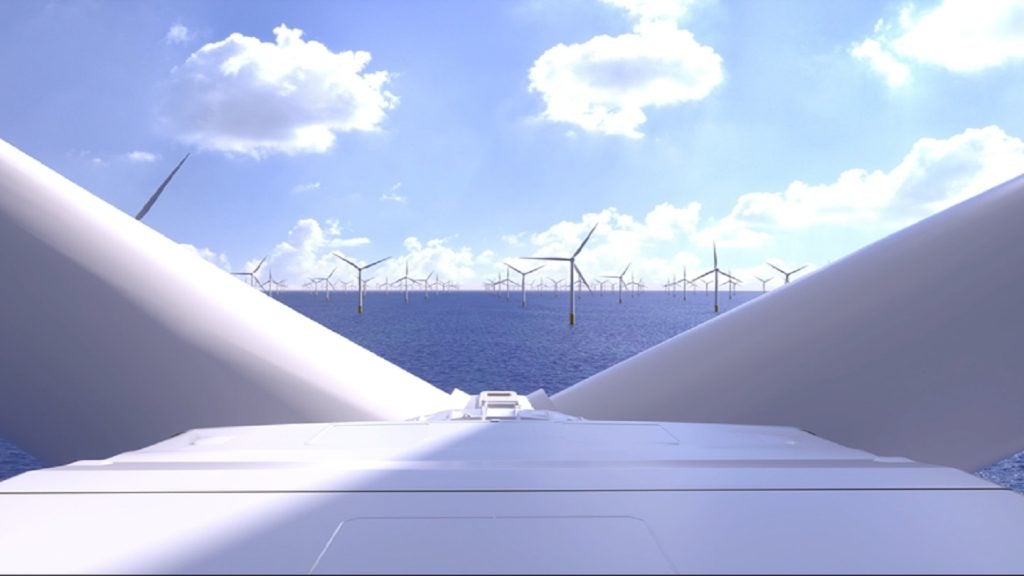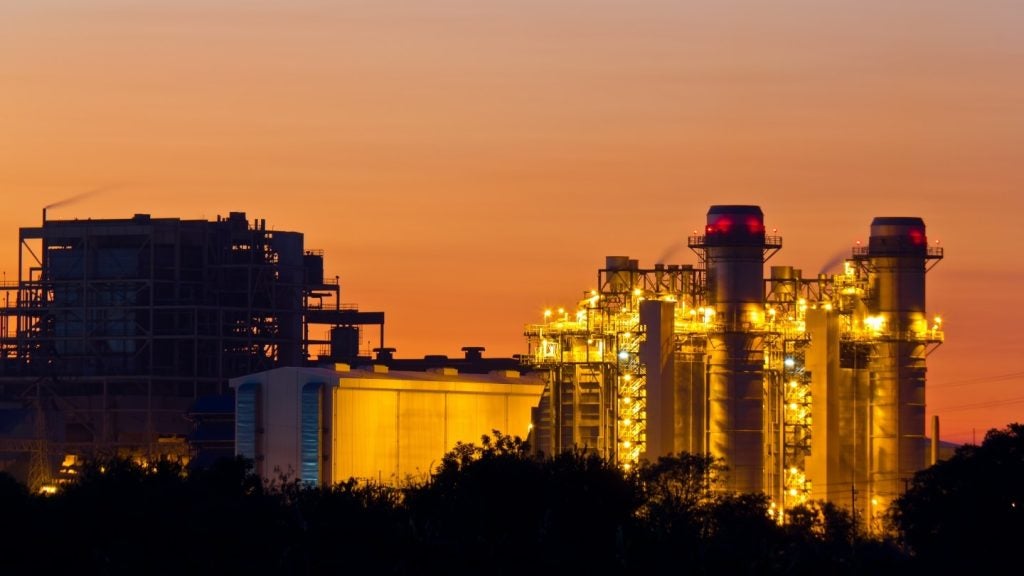Germany’s Federal Ministry for Economic Affairs and Climate Action (BMWK) presented a draft law on Monday to enable the use of carbon capture utilisation (CCU) and storage (CCS) as part of the country’s emissions strategy.
It will allow CCU and CCS to control carbon emissions from gas-fired power plants but without subsidies, but the use of the technology for emissions from coal-fired generation will remain prohibited.
Presented by Germany's Federal Minister for Economic Affairs and Climate Action Robert Habeck, the carbon management strategy will enable the application of CCU, CCS, transport, and offshore storage (with the exclusion of protected marine areas).
He said: “We are making a pragmatic and responsible decision: CCS and CCU should be made possible in Germany. Otherwise the climate goals will be impossible to achieve. The technology is also important for the competitiveness of our industrial location in Germany. Failure to do so would put us at a competitive disadvantage and cost us dearly.”
Germany follows several European countries in the adoption of the emissions-managing CCU and CCS technology, including Denmark, Norway, the Netherlands, Iceland, Italy, France, Croatia, Poland, Romania and the UK. The European Commission is also encouraging the use of CCU and CCS technology via the Net Zero Act, which is “supporting carbon capture and storage projects, notably by enhancing the availability of CO2 storage sites.”
CCU and CCS technology has caused some controversy historically, as its detractors have raised issues with scale, high capital costs and the implications for the continued use of fossil fuels.
However, GlobalData analyst Francesca Gregory explained that the technology is “vital to keeping the 1.5-degree warming scenario alive,” noting that the IEA’s sustainable development scenario expects the technology to provide an annual saving of up to 6.89GtCO2 by 2070.
Gregory continued: “There is an increasing recognition of the need to avert emissions from typically hard-to-abate industries as well as remove the carbon dioxide that has accumulated in the atmosphere. CCUS is a rare technology in terms of having the capacity to be applied to both use cases.”
These “hard-to-abate” industries threaten to trip up Germany’s 2045 net-zero goal, and include the production of cement and lime, as well as thermal waste treatment. Speaking on Monday, Habeck explained that “there are emissions in industry that are very difficult or impossible to avoid… Here we have to capture and store any remaining CO₂. Only then can we keep these industries in Germany and achieve our climate goals in the industry.”
Although emissions from coal-fired generation will not be managed using CCU or CCS technology, Habeck remained resolute regarding plans for a coal phase-out, which contributed to 33% of Germany’s power generation in 2023 (according to GlobalData estimates).
Instead, the technology will tackle emissions generated by the use of natural gas, which comprised an estimated 15% of Germany’s generated power in 2023. According to Gregory, “the application of CCUS technology to gas-fired power stations provides a mechanism for the country to gradually reduce its use of fossil fuels.”
She considered the broader implications of the move: “Germany’s draft law signifies the country’s openness to a diverse range of technologies to achieve its energy transition and represents a strong signal to CCUS industry players. However, many will view the inclusion of CCUS as a lifeline to fossil fuel use and a reliance on a technology that has yet to sufficiently prove its ability to scale. This creates a degree of risk surrounding the country’s ability to deliver on its net-zero target.”


